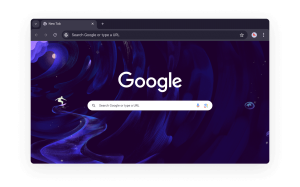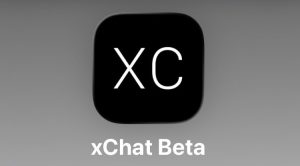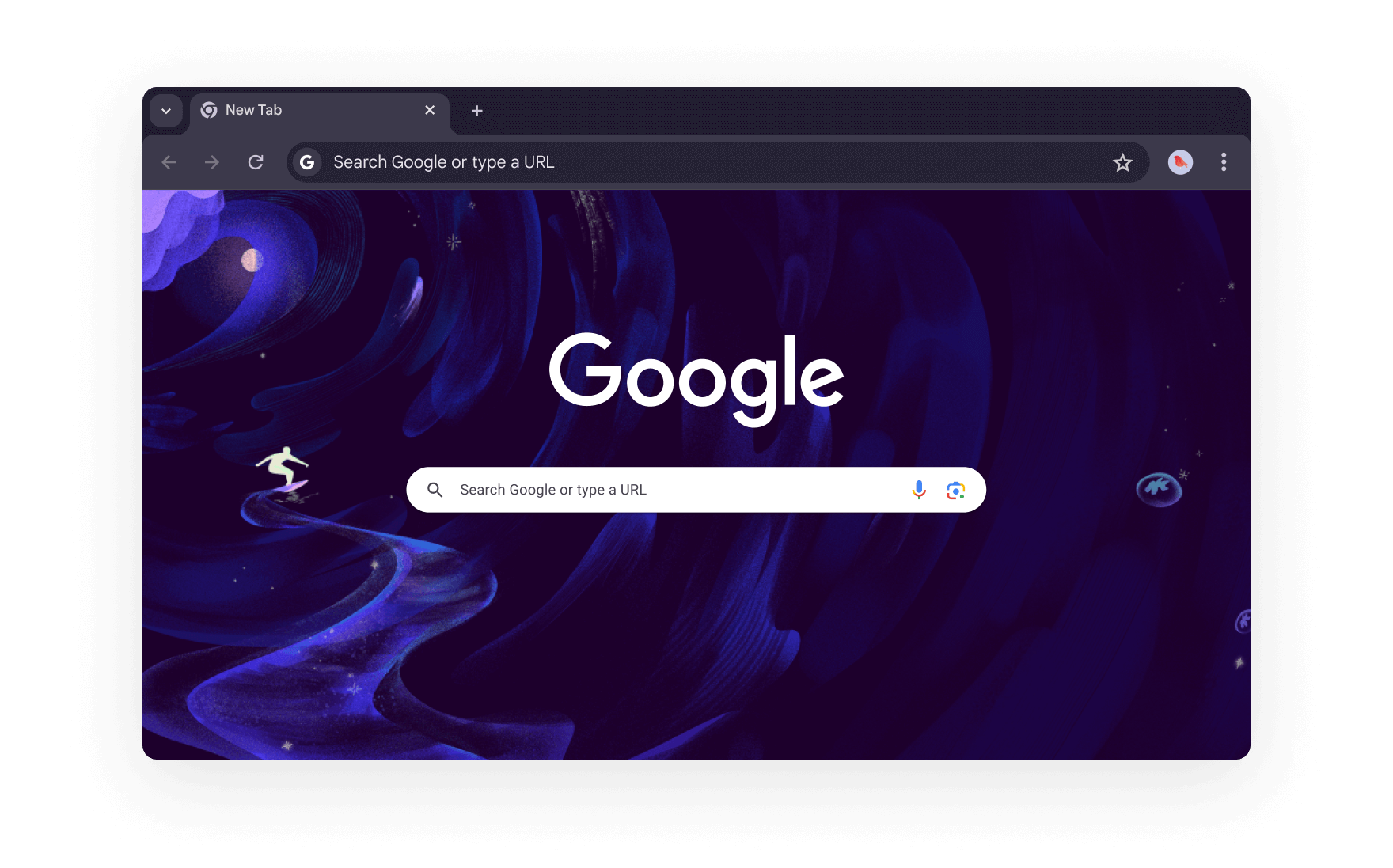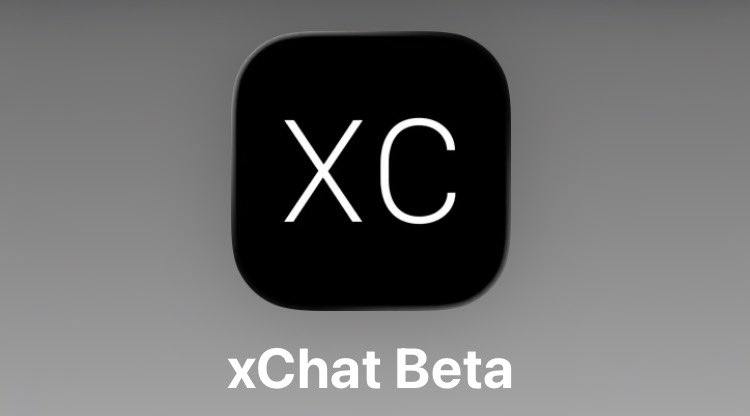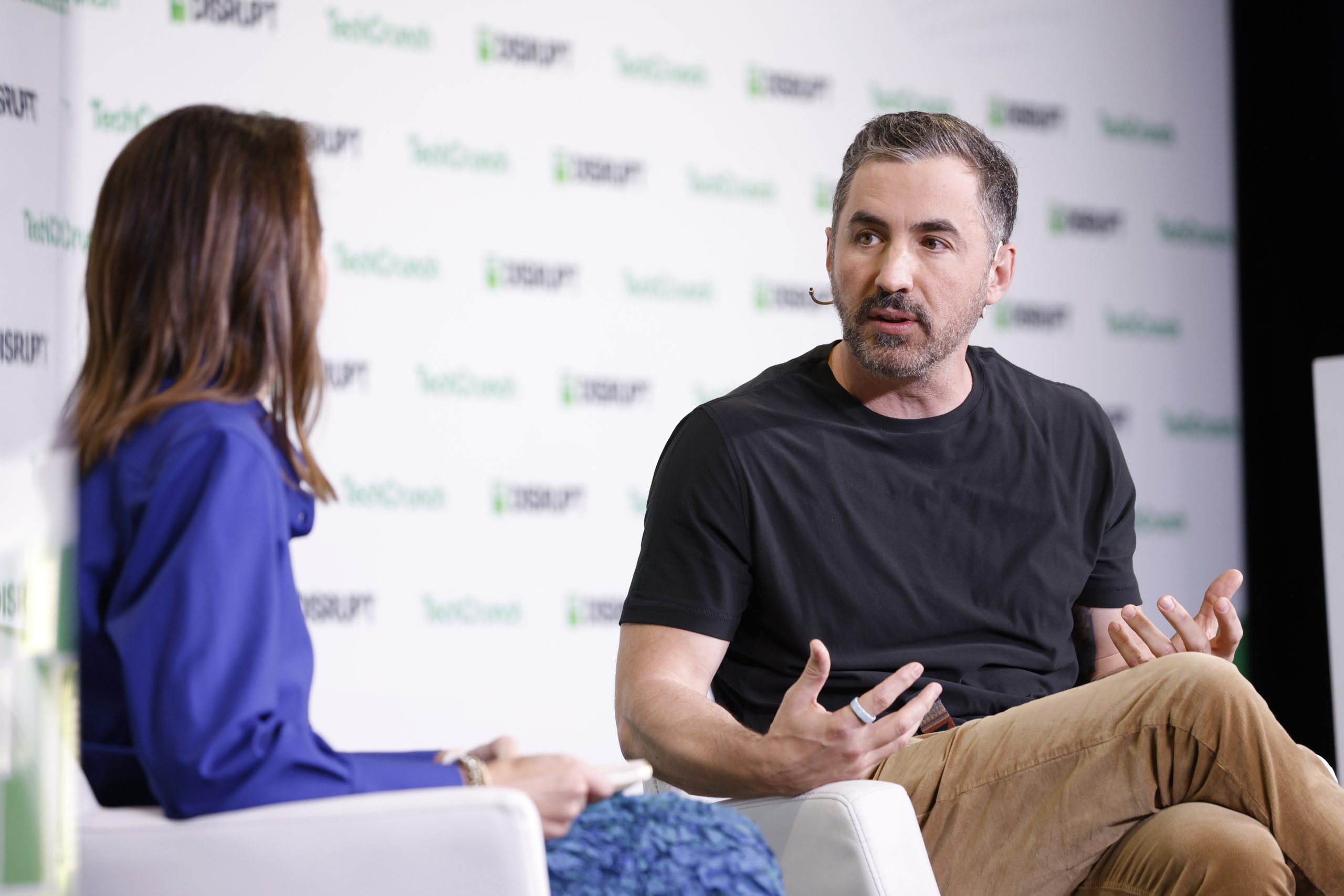
The digital landscape is undergoing a profound transformation, with the proliferation of artificial intelligence agents raising fundamental questions about the authenticity of online interactions. This burgeoning concern, often encapsulated by the "dead internet theory" – the notion that a significant portion of online content and engagement originates from bots rather than humans – is driving a renewed focus on verifiable human connection. It is against this backdrop that two prominent figures from the internet’s formative years, Digg founder Kevin Rose and Reddit co-founder Alexis Ohanian, have reunited to tackle this challenge head-on, breathing new life into the once-iconic news aggregation platform, Digg. Their ambitious vision centers on cultivating trusted, privacy-preserving social communities designed to thrive in an era where distinguishing genuine human input from sophisticated algorithmic mimicry becomes increasingly difficult.
A Return to Roots: Digg’s Re-emergence in a New Era
Earlier this year, the intellectual property and remaining assets of Digg were acquired by a new venture spearheaded by Rose and Ohanian. This acquisition marks a significant moment, bringing the long-shuttered platform back under the stewardship of its original creator, Kevin Rose. Founded in 2004, Digg quickly rose to prominence as a pioneering force in the Web 2.0 movement, offering a user-driven news aggregation experience where community members "dug" stories to elevate their visibility on the front page. It was a testament to the power of collective intelligence and decentralized content curation, predating and influencing platforms like Reddit.
However, Digg’s initial journey was not without its trials. Despite its early success and cultural impact, a controversial redesign in 2010, coupled with fierce competition from rapidly growing social media giants and the ascendant Reddit, led to a decline in its user base and eventual sale and stagnation. Its re-acquisition by Rose, with the strategic backing of Ohanian, signals an intent not merely to resurrect a nostalgic brand, but to fundamentally reimagine the architecture of online social interaction for the challenges of the 2020s and beyond. Ohanian’s involvement, drawing from his extensive experience in building and scaling Reddit’s community-driven model, provides a critical perspective on the nuances of fostering engagement and managing large-scale user-generated content.
The "Dead Internet Theory" and the AI Inflection Point
The premise underpinning Digg’s renewed mission stems from a growing unease within the digital realm. The "dead internet theory" suggests that the vastness of the internet, particularly social media platforms, is increasingly populated by automated accounts, AI-generated content, and synthetic interactions. While once a fringe concept, the rapid advancements in generative artificial intelligence have lent this theory a disturbing new plausibility. Large Language Models (LLMs) and sophisticated AI agents can now produce text, images, and even video that are virtually indistinguishable from human-created content.
This technological leap presents an existential threat to online authenticity. As the cost of deploying these advanced AI agents approaches negligible levels, the internet risks becoming saturated with machine-generated noise, making it exceedingly difficult for humans to identify and connect with other genuine individuals. The social and cultural implications are profound: an erosion of trust in digital information, an amplification of misinformation and propaganda, and a potential decline in meaningful human connection online. If users cannot be certain they are interacting with another person, the very foundation of social media — shared experience and community — begins to crumble. This phenomenon, if left unchecked, could lead to a pervasive sense of isolation and disillusionment among users, fundamentally altering how we perceive and engage with the internet.
Cultivating Trust: The Vision for Micro-Communities
At the recent TechCrunch Disrupt 2025 conference, Kevin Rose articulated Digg’s strategic response to this challenge: a focus on "protected online spaces" and "micro communities of trusted users." This approach represents a significant departure from the open-by-default, mass-scale models that characterize much of the contemporary social media landscape. Rose envisions a future where the quality of interaction takes precedence over sheer quantity, fostering environments where users can genuinely connect without the constant threat of bot infiltration or malicious actors.
The rationale behind emphasizing smaller, more curated communities is rooted in human psychology and the dynamics of trust. In the physical world, trust often thrives within smaller, more intimate groups where individuals can establish rapport and verify each other’s identities and intentions. Replicating this dynamic online requires a deliberate architectural choice, moving away from sprawling, anonymous forums towards more manageable, self-governing enclaves. This model contrasts sharply with the challenges faced by large, open platforms that grapple with overwhelming volumes of spam, coordinated disinformation campaigns, and the sheer difficulty of moderating millions or billions of users. By prioritizing smaller, more manageable groups, Digg aims to create environments where trust can be built organically and maintained more effectively.
Zero-Knowledge Proofs: A Privacy-Preserving Verification Layer
To underpin this vision of trusted communities, Digg is exploring innovative technological solutions for user verification. Traditional methods, such as facial recognition, government ID uploads, or micro-payments, often present significant privacy concerns or act as barriers to entry for many users. Recognizing these limitations, Digg is investigating the implementation of Zero-Knowledge Proofs (ZKP) as a core component of its identity verification strategy.
A Zero-Knowledge Proof is a cryptographic method that allows one party (the "prover") to prove to another party (the "verifier") that a given statement is true, without revealing any information beyond the validity of the statement itself. In simpler terms, it’s a "fancy piece of math" that can verify an attribute without exposing the underlying data. For instance, a community dedicated to owners of a specific wearable fitness device, like an Oura Ring, could use ZKP technology to verify that a prospective member indeed owns such a device, without requiring them to upload purchase receipts, serial numbers, or any other personally identifiable information.
This capability is transformative. It allows for "proof of heartbeat" – confirming the presence of an actual human – or the verification of specific qualifications or characteristics essential for community participation, all while preserving user anonymity. Such technology could be invaluable for communities centered on sensitive topics, health issues, professional affiliations, or shared hobbies, where members might want to verify each other’s credentials or experiences without sacrificing their privacy. It strikes a delicate balance between the need for authenticity and the fundamental right to privacy, potentially offering a pathway to digital trust without requiring users to fully expose their real-world identities. However, the success of ZKP implementation will hinge on user education and seamless integration, as technical complexities could deter broader adoption.
Empowering and Compensating Community Builders
Beyond technical verification, Digg’s re-envisioned platform also addresses a long-standing grievance among online community organizers: the uncompensated labor of moderators and the lack of control over the communities they cultivate. Rose vividly recalled the early days of Digg, and later Reddit, where thousands, and eventually millions, of users contributed immense value through content creation and moderation, often without any form of compensation or ownership. He highlighted how many Reddit moderators dedicate countless hours to managing spam, resolving conflicts, and curating content, yet receive no share of the platform’s revenue nor any genuine control over the audience they helped build.
This dynamic creates an inherent power imbalance, where moderators can be ousted, communities can be subject to platform-level decisions (such as trademarking community names, as seen with the r/WallStreetBets subreddit), and the value created by user effort is largely captured by the platform itself. Rose advocates for a model akin to platforms like Substack or Patreon, where creators and community leaders are given significantly more control and the opportunity to monetize their efforts directly.
By compensating moderators and granting them greater autonomy over their communities, Digg aims to foster a more sustainable and equitable ecosystem. This could manifest in various ways, from direct revenue sharing models to tools that allow moderators to "port" their communities and audience data if they choose to migrate to another platform. Such an approach would not only incentivize high-quality moderation but also empower community leaders, turning them from unpaid laborers into genuine stakeholders. This shift could redefine the economic relationship between platforms and their most dedicated users, potentially attracting a higher caliber of community management and fostering more robust, self-sustaining online spaces.
The Broader Impact: A New Paradigm for Online Socializing?
The re-launch of Digg, with its twin pillars of verifiable identity and empowered community leadership, represents a significant experiment in the evolving landscape of digital interaction. If successful, it could signal a broader shift in how social platforms are conceived and operated. The current era of mega-platforms, characterized by their immense scale, often struggles with the very problems Digg seeks to address: authenticity, trust, and meaningful engagement.
Digg’s model could inspire other platforms to re-evaluate their approaches to identity verification, privacy, and the compensation of community contributors. It might also influence user expectations, as individuals increasingly seek out curated, higher-quality online experiences over the unfiltered noise of the broader internet. The trade-off between complete anonymity and verified authenticity will be a crucial point of negotiation for users.
Ultimately, Digg’s return to the digital stage is more than just a nostalgic revival; it’s a pointed response to the existential questions posed by an AI-saturated internet. By championing verified human interaction and empowering community builders, Rose and Ohanian are not just attempting to rebuild a platform; they are contributing to the ongoing effort to define what it means to be truly social online in the age of artificial intelligence. The success of this endeavor could pave the way for a more trustworthy, engaging, and human-centric future for the internet.

